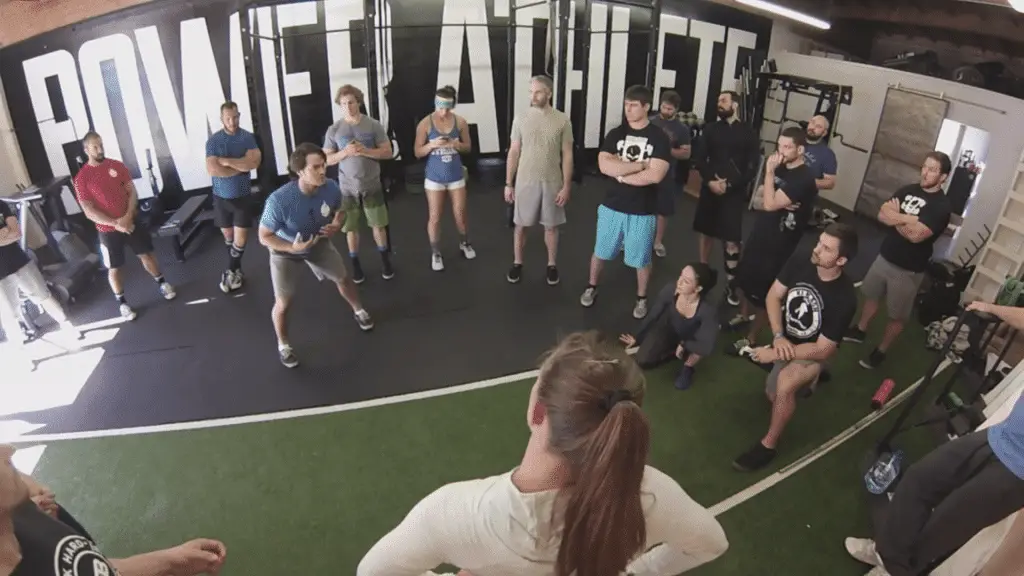*This post may contain affiliate links. As an Amazon Associate we earn from qualifying purchases.

What Is Your Mindset?
“A happy person is not a person in a certain set of circumstances, but rather a person with a certain set of attitudes.“
-Buddha
Answer this question: Do you believe your mind plays a role in athletic success? PGA coach and director of Golf Revolution, Sue Shapcott, believes that the key to success in sport and life begins with having more of a growth mindset rather than a fixed mindset. What is the difference?
Mindset is your view of how you perceive ability. This perception affects how you handle mistakes and criticism as well as how you might perceive challenges. You can have a fixed mindset or a growth mindset. It might be helpful to check out the book Mindset by Carol Dweck.

Fixed Mindset
• Avoids challenges due to fear of failure
• Gives up easily
• Sees effort as temporary
• Gets frustrated or ignores feedback or criticism
• Feels threatened by the success of others
Growth Mindset
• Embraces challenges
• Pushes through setbacks
• Believes that effort is most important
• Uses feedback and criticism as a way to improve
• Inspired by other athletes
• Learns from the success of others
A person who exhibits a growth mindset tends to be hard working and is consistently looking to learn. This leads to a calmer, more open-minded athlete who is more easily coached. In contrast, a person who has a fixed mindset tends to be more emotional and is constantly trying to regulate his or herself. And athletes with fixed mindsets also try to regulate the way others view them. This is associated with more rigidness and limits the potential of the athlete. For example, golfers with a fixed mindset associate a poor performance with their ability. As they see ability as a fixed commodity, bad shots or rounds are symbolic. This mindset leads the players dwelling on bad shots or getting angry at a poor shot. Sue says that as a coach, she teaches athletes how to move from a fixed mindset to a growth mindset by having an awareness that one bad shot does not make or break a round, nor is it a statement about the athletes potential. She believes “mentally recovering from a mistake is paramount to success in golf or any sport.”
Developing a growth mindset means confronting your beliefs about ability. It takes patience, time and persistence. Try it out at and leave us a comment below.



